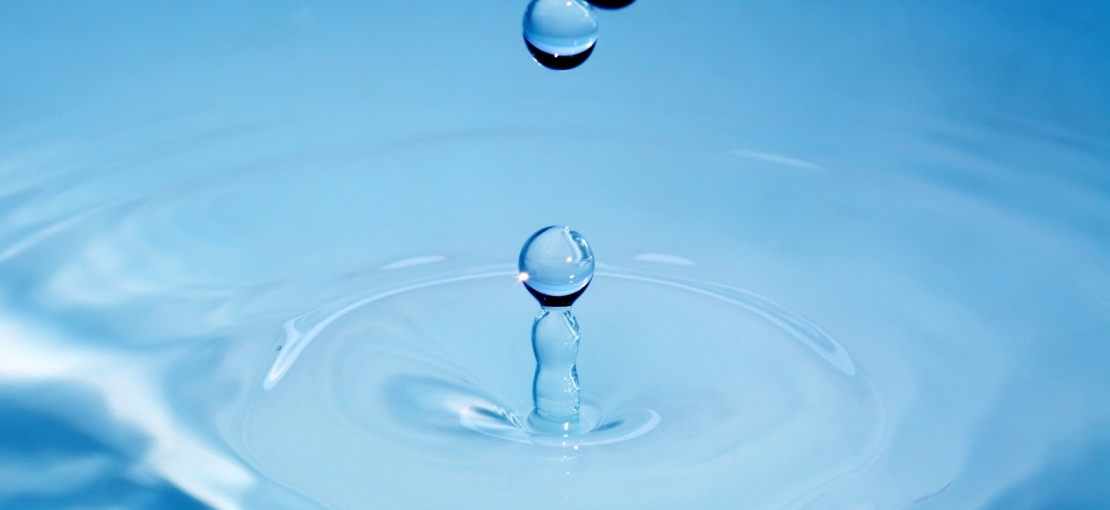
Eco-friendly wastewater management
Greenpeace: Toxic wastewater is a threat all around the world
Wastewater from textile manufacturing is currently the focus of the Greenpeace Detox Campaign. Greenpeace has accused the textile industry (including VAUDE) of being responsible for polluting China’s waters with dangerous chemicals.
There, toxic waste and wastewater cause serious health problems in the local population. In addition, toxic substances in the global waterways are spreading throughout the entire world. The following articles explain what we can do to avoid chemical substances in the manufacturing of VAUDE products:
- "Respect for people and nature"
- "Definitive environmental-friendliness"
- "Water consumption in the supply chain"
Action needed in the supply chain
Waste and wastewater are essential aspects for VAUDE because both are a result of the many upstream processes needed to make VAUDE products. To some extent, sewage must be classified as potentially harmful to the environment and to public health.
Of course, this applies to the manufacturing of VAUDE products and especially to the raw materials needed for the upstream supply chain – details and data at "Water consumption in the supply chain".
Clean and transparent supply chain as a target
VAUDE commissions independent producers to manufacture its goods. We try to influence comprehensive waste and wastewater management by stipulating which materials are to be used, for example with the bluesign® system.
However, we must clearly recognize that our influence has been quite limited in the supply chain thus far. It has not been possible to obtain reliable data on waste or wastewater from producers and suppliers, which would create a reference base for the manufacture of VAUDE products. That is why we do not have any information on examples of specific sewage or waste contamination arising from processes that we authorize.
Our approach
We know that we have an urgent need for action on this issue, both in terms of creating data transparency, as well as in terms of sanitation and waste management in the supply chain. We are pursuing these two strategic approaches: with the expansion of the bluesign® system and by using the Higg Index to build a database that collects all relevant environmental data - see "bluesign® system – the strictest textile standard worldwide".
In a pilot project, we are currently conducting an environmental management system at various suppliers. Within this Environmental Stewardship Program, suppliers are also trained on how to deal with waste and wastewater. See "Suppliers as partners".
No process water required in Obereisenbach
Our production facility in Obereisenbach does not require process water and industrial wastewater is not produced. The only wastewater at this site comes from sanitary facilities and the laboratory where waterproofing tests are carried out. Details and data – see "Water – the source of life".
This aspect doesn’t have high environmental relevance at our Obereisenbach location, especially as the wastewater treatment in Germany is regulated at a very high ecological level.
| GRI: | G4-EN22 |
| GRI: | G4-EN24 |
| GRI: | G4-DMA Effluents and Waste |






